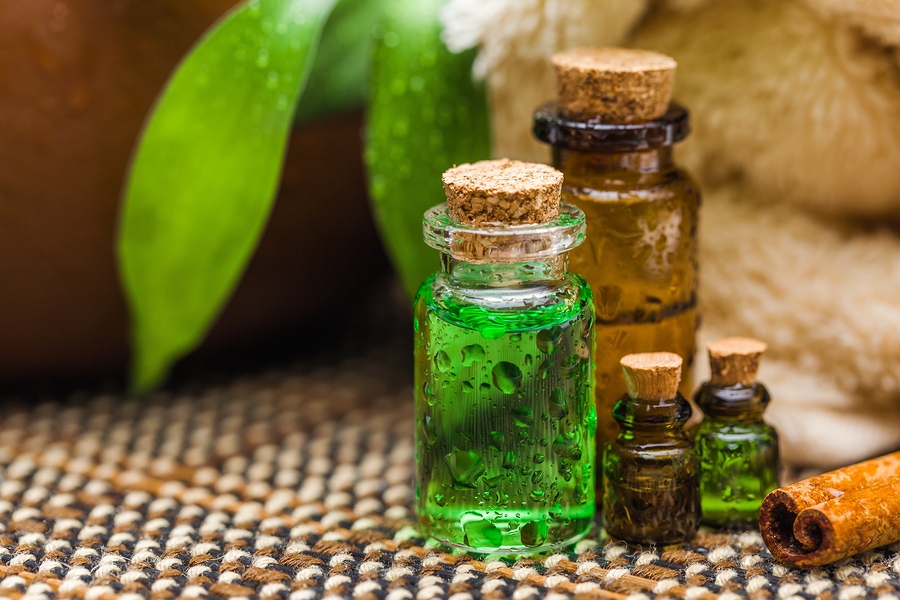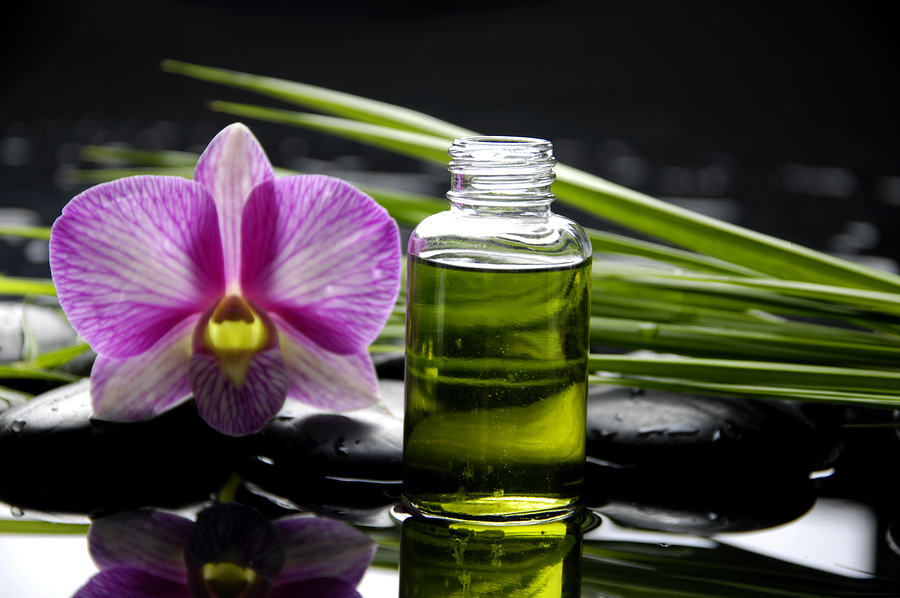- Make It Yourself Lavender Heart-Shaped Bath Bombs!
- 20 Things You Never Knew About “Down There”
- 12 Best Foods For Those Suffering From Arthritis Pain
- 12 Personal Hygiene Mistakes Almost Everyone Makes (Mom Never Told You About #4!)
- 15 Medicinal Plants And Herbs From The Cherokee People
- 12 Mind-Blowing Benefits Of Drinking Coconut Water During Pregnancy
- 12 Outstanding Winter Foods That Won’t Fatten You Up Like A Christmas Turkey
The Magic Of Marjoram Oil

Photo credit: bigstockphoto.com
Marjo-what?
Many people have never heard of marjoram oil, and that’s quite surprising, given how versatile and useful this essential oil is. In this article, you will learn all about what marjoram oil is, how it’s used, and how to get the most benefit out of this underappreciated essential oil.
Marjoram oil is an essential oil derived from the leaves of marjoram, a plant that’s native to the Mediterranean region and related to oregano. There are two primary varieties of marjoram oil. The first is sweet marjoram oil, which has a yellowish-green color and a distinct scent which is frequently described as spicy and woody. There’s also Spanish marjoram oil, which has a more reddish-orange color. Both types are produced in countries throughout the Mediterranean world and offer numerous health benefits.
How to Use Marjoram Oil
Like many types of essential oils, marjoram oil can be beneficial in vaporized form for aromatherapy purposes. Use the oil with a vaporizer to inhale the fumes and add a pleasant scent to the room. Marjoram oil is also good for topical applications.
In its whole leaf form, sweet marjoram can be used to make tea, and as a flavor enhancer in various dishes. It’s possible to use marjoram in its essential oil form orally, but most recommendations here for its use will be with the topical or vapor variety in mind. Some people should avoid using essential oils internally, particularly pregnant or nursing women, people with weakened or compromised immune systems and individuals with liver problems, since essential oils that are ingested have to be broken down by the liver.
1. Antiseptic properties
Many people don’t know this, but some essential oils can be used for antiseptic purposes, and marjoram oil is one of them. You can use a cotton swab, Q-tip or other clean, sterile material to apply a modest amount of marjoram oil to small cuts and scrapes to prevent infections from occurring.
Continue to Page 2

Photo credit: bigstockphoto.com
2. Fighting bacteria and viruses
Marjoram oil has both antiviral and antibacterial properties. Breathing in vaporized marjoram oil may help you to avoid taking sick days during cold and flu season, and topical applications can help ward off bacterial skin infections.
3. Reducing spasms of all kinds
Spasms are involuntary movements of muscles that are often unpleasant and painful. They can also occur in organ systems like the intestines and respiratory system. Luckily, the antispasmodic properties of marjoram oil can provide some relief. This essential oil’s ability to relieve gastrointestinal spasms is also a nice dovetail into the next benefit …
4. Preventing gas and stomachache
Marjoram oil contains compounds which can help the stomach and muscles in the abdominal regions of the body to relax, reducing discomfort and preventing gas (and all the embarrassment that comes with it).
5. Expectorant properties
Marjoram oil is also considered an expectorant, meaning that it helps to clear out your mouth, throat and respiratory system of excess mucus, saliva and phlegm caused by a cold or other respiratory conditions.
6. Marjoram oil also helps to relieve symptoms of irregular menstruation
Women who are coping with irregular periods might find some relief in the form of marjoram oil, which can alleviate some of the pain and other symptoms associated with irregular periods.
7. Relaxation
Vapors from marjoram oil can be soothing and provide relief for people who feel stressed out or anxious.
READ ALSO: A Beginner’s Guide To Essential Oils And Blending Infographic
8. Finally, marjoram oil can also act as a diuretic
This means that it can help clear out bile, uric acid and other toxins from your kidneys, and increase the frequency of urination.
As far as side effects go, marjoram oil has been known to cause sensitive skin and allergic reactions, so some medical professionals like Dr. Joseph Mercola recommend applying a small amount to a small area of skin first to see how you will react before applying it more generously. Using marjoram oil wisely and responsibly should help you avoid any problems. Of course, one should never rely solely on a supplement for treating serious medical conditions. Speak with an aromatherapy specialist and/or dermatologist for proper guidance.
References:
































